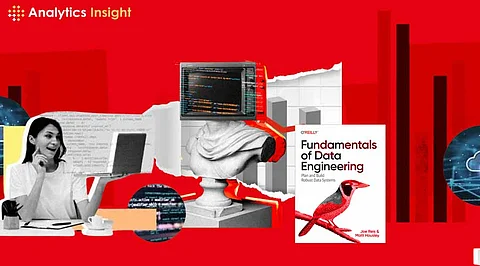

Data engineering is a critical field that focuses on the design, construction, and management of data infrastructure. Mastering data engineering involves understanding various tools and technologies, as well as staying updated with the latest trends. This guide provides a comprehensive list of essential books, courses, and tools to help you excel in data engineering.
Overview: This book covers the principles of designing scalable and maintainable data systems. It delves into various technologies and patterns for handling large-scale data processing.
Data modeling
Storage and retrieval
Distributed systems
Overview: A classic in the field, this book provides in-depth knowledge about dimensional modeling and data warehouse design.
Dimensional modeling techniques
Data warehouse design
ETL processes
Overview: This book explores the principles and architectures of stream processing systems, essential for real-time data engineering.
Stream processing fundamentals
Event-time processing
Dataflow architectures
Overview: This book focuses on using Python for data engineering tasks, including data processing, ETL pipelines, and data integration.
Python data engineering libraries
Building ETL pipelines
Data integration and transformation
Overview: This book provides practical guidance on using Apache Airflow for building, managing, and monitoring data pipelines.
Airflow setup and configuration
Building workflows
Monitoring and debugging
Overview: Offered by Google Cloud, this course covers the fundamentals of data engineering on the GCP platform, including data pipelines, storage, and processing.
Google Cloud data services
Building data pipelines
Data analytics and visualization
Overview: This course provides an overview of data engineering concepts and practices using Microsoft Azure, including data lakes, pipelines, and analytics.
Azure data services
Data pipeline creation
Big data analytics
Overview: This Nanodegree program focuses on big data technologies and techniques, including data pipelines, data warehousing, and distributed computing.
Building data pipelines
Working with large datasets
Distributed data processing frameworks
Overview: This course covers data engineering concepts and Python libraries, focusing on practical implementation of data pipelines and processing.
Python for data engineering
ETL processes
Data integration and transformation
Overview: This introductory course covers the basics of data engineering, including data modeling, ETL processes, and data warehousing.
Data modeling techniques
ETL fundamentals
Data warehousing concepts
Overview: A powerful open-source framework for big data processing, Apache Spark is widely used for building data pipelines and performing large-scale data analysis.
In-memory computing
Support for batch and stream processing
Integration with various data sources
Overview: A distributed streaming platform used for building real-time data pipelines and streaming applications.
High-throughput messaging
Real-time data processing
Scalability and fault tolerance
Overview: Apache Airflow is an open-source platform for orchestrating complex data workflows, managing dependencies, and scheduling tasks.
Workflow automation
Task scheduling and monitoring
Extensible with plugins
Overview: DBT is an open-source tool for transforming and modeling data within data warehouses. It simplifies data pipeline development and management.
SQL-based transformations
Version control integration
Data testing and documentation
Overview: Snowflake is a cloud-based data warehousing platform that offers scalable and performant data storage and analysis capabilities.
Cloud-native architecture
Scalability and performance
Integration with various BI and data tools
Mastering data engineering requires a combination of theoretical knowledge and practical experience. By leveraging the recommended books, courses, and tools, you can build a solid foundation in data engineering and stay current with industry trends. Whether you're a beginner or an experienced professional, these resources will help you develop the skills needed to excel in the ever-evolving field of data engineering.
